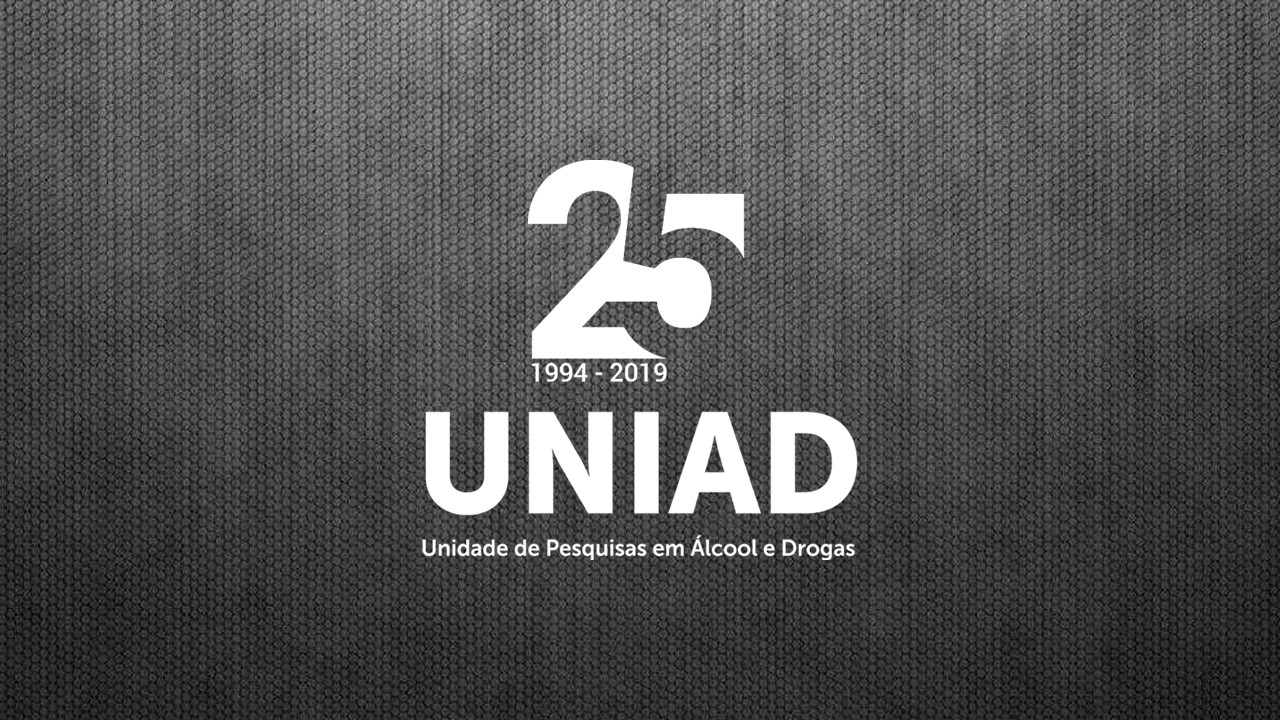Brain Structure and Function in Recovery

Sara Jo Nixon1,2 and Ben Lewis1,2
1Department of Psychiatry, University of Florida, Gainesville, Florida
2Center for Addiction Research & Education, University of Florida, Gainesville, Florida
Alcohol use disorder (AUD) commonly is associated with compromise in neurobiological and/or neurobehavioral processes. The severity of this compromise varies across individuals and outcomes, as does the degree to which recovery of function is achieved. This narrative review first summarizes neurobehavioral, neurophysiological, structural, and neurochemical aberrations/deficits that are frequently observed in people with AUD after detoxification. Subsequent sections review improvements across these domains during recovery, taking into account modulators of recovery to the extent permitted. Where appropriate, the discussion includes work integrating outcomes across domains, leveraging the strengths of diverse experimental methods. Interventions to ameliorate neurobiological or neurobehavioral deficits do not constitute a primary objective of this review. However, their consideration is a logical inclusion. Therefore, a limited introduction to existing methods is also presented.
KEY WORDS: alcohol; alcohol use disorder; neurobehavioral deficits; brain structure; neurophysiology; neurochemistry; recovery; neural networks
Read the full article:https://www.arcr.niaaa.nih.gov/arcr403/article04.htm

